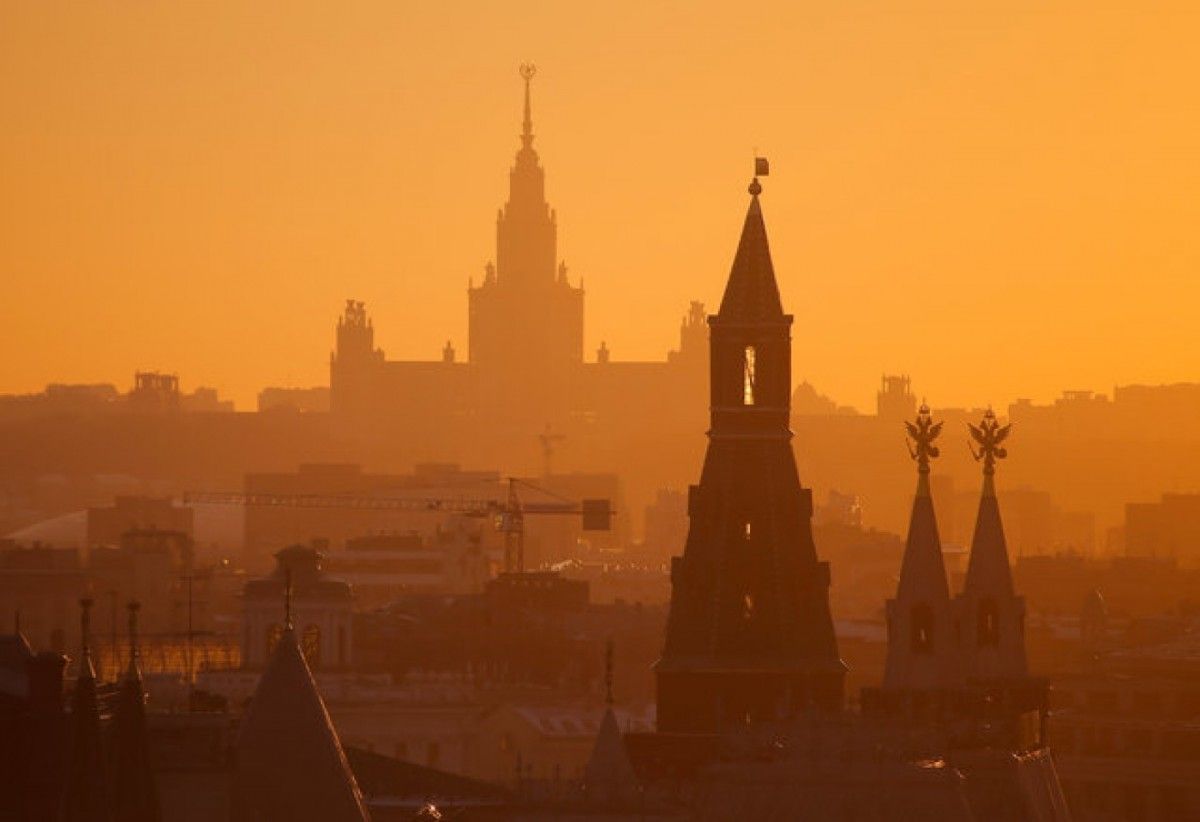
Deputy Minister of Information Policy of Ukraine Dmytro Zolotukhin took part in an expert discussion on preventing third-party interference in electoral processes in Ukraine and across European Union held in Brussels Dec 3.
The event was organized by the Permanent Missions of Ukraine and Poland to the EU, according to the press service of Ukraine's Ministry of Information Policy.
At a session dedicated to enhancing resilience to hostile disinformation on the eve of an election, the Deputy Minister noted that at the moment, the government is only able to implement a few mechanisms: monitoring the developments and explaining them to citizens. According to Mr Zolotukhin, as Russian propaganda is constantly repeating itself, disseminating fake news in the framework of the same narratives, it is important to have an understanding of the Kremlin's previous special information operations carried out during the pre-election period.
Read alsoRussia massively employing social networks to sow panic as Ukraine introduces martial law
"Spinning fake stories about Ukraine can be compared to the release of TV series, on which the entire 'Kremlinwood' has been working. Each 'series' of Russian disinformation is divided into 'seasons,' which is a more complex set of ideas within the 'series.' Among such series of Russian propaganda are: ISIS-Ukraine ties, Ukraine Army crimes, MH17 crash, NATO troops in Donbas, Ukraine as a failed state, etc." said Zolotukhin.
During the expert discussion, it was noted that Russia is constantly improving and diversifying the technologies and tools of hazardous and harmful interference, including in the functioning of critical infrastructure. The participants concluded that mass media and social networks should not be used to change political systems in independent states and manipulate public opinion.
The Ukrainian-Polish initiative was intended to help develop effective mechanisms of coordination between Ukraine and the European Union to prevent third countries (in particular, the Russian Federation) from interfering in the presidential and parliamentary elections in Ukraine, as well as the European Parliament elections in 2019.

